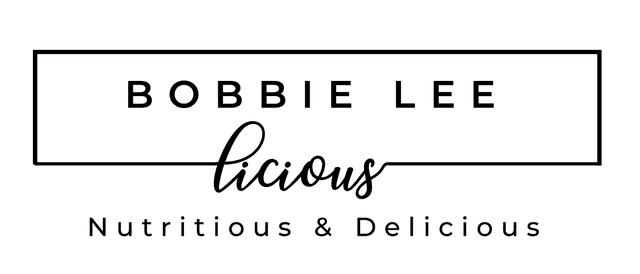Unveiling the Impact of Ultra-Processed Foods on Your Health

In the fast-paced world we navigate today, convenience often beckons in the form of ultra-processed foods. However, delving into what these products entail and understanding their potential impact on health is a crucial step toward making informed dietary choices.
Understanding Ultra-Processed Foods:
Ultra-processed foods, the culprits lurking in brightly colored packaging, have undergone extensive processing. Loaded with industrial ingredients, additives, and preservatives, they bear little resemblance to the wholesomeness of unprocessed foods. This category often boasts a combination of sugar, salt, artificial colors, flavors, and an array of chemical additives. Think sugary drinks, pre-packaged snacks, fast food, and ready-to-eat meals.
The Perils They Pose:
Now armed with an understanding of these dietary villains, let's explore why they warrant avoidance. Ultra-processed food products, besides being nutrient-poor, may incite overeating, paving the way to obesity and a host of lifestyle diseases. The risks extend to chronic conditions such as type 2 diabetes, certain cancers, and cardiovascular diseases. Oh, and did we mention the significant impact on your gut microbiota... A healthy gut microbiota is crucial for healthy digestion, metabolism, and overall well-being.
Tips to Keep Ultra-Processed Foods at Bay:
- Read Ingredient Labels:
Dive into the details. Ultra-processed foods often boast a laundry list of additives and preservatives. Opt for products with concise ingredient lists featuring recognizable, whole-food ingredients.
- Choose Whole, Single-Ingredient Foods:
Let simplicity reign. Base your diet on whole, single-ingredient foods – the fresh produce, whole grains, lean proteins, and nuts that fuel your body with essential nutrients, untainted by artificial substances.
- Cook at Home:
Become the maestro of your kitchen. Cooking at home grants you control over ingredients. Embrace recipes with fresh, whole components, experimenting with various cooking methods to amplify flavor sans processed additives.
- Limit Convenience Foods:
Convenience may beckon, but the price often involves excessive salt, sugar, and unhealthy fats. Opt for whole-food alternatives that demand minimal processing, steering clear of the pitfalls packaged in convenience.
- Be Mindful of Food Packaging:
Packaging tells a tale. Bright colors, prolonged shelf life – hallmarks of ultra-processed foods. Navigate toward the perimeter of the grocery store, embracing fresh produce and minimally processed items.
A Journey to True Wealth:
Transitioning to a diet rich in whole foods is a gradual odyssey. Begin with small changes, gradually welcoming fresh, unprocessed foods into your daily repertoire. Remember, your individual dietary needs and preferences are paramount. Should you seek tailored guidance, a nutritionist or dietitian stands ready to chart a course toward a balanced, nutritious diet – a celebration of health, true wealth, and happiness!
Cheers, to your well-being! 🌱🥦🍏
XO,
Bobbielee
#goal
#healthy eating
#health
#healthyhabits
#healthylifestylehabits
#lifestyle
#ultra-processed food
#avoiding processed additives
More From Bobbieleelicious
What your leggings aren’t telling you and what to wear instead We all love a good pair of leggings. They’re stretchy, flattering, and make us feel like w...
As a Lifestyle Medicine nurse, I’m here to remind you that every time you fill your grocery cart, you’re not just buying food, you’re investing in your fu...
Hey there, lovely friends! When you hear “Mediterranean diet,” you probably picture sunlit tables in Greece, olive trees swaying in the breeze, a little ...



